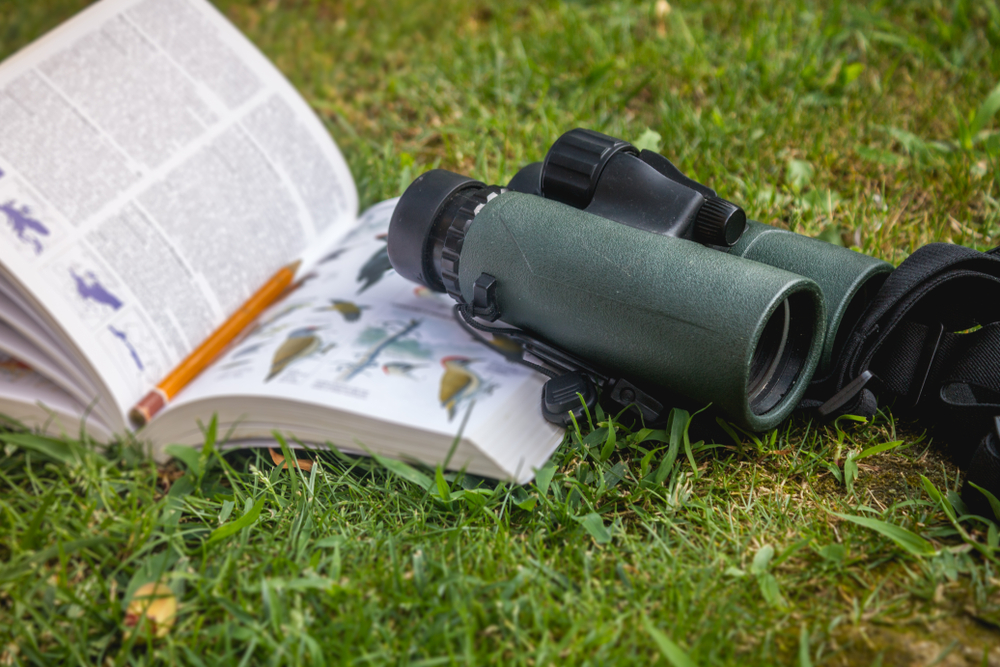Citizen science has evolved as a formidable force in conservation, propelled by regular people’s passion and dedication to conserving our planet’s irreplaceable ecosystems. Citizen scientists are redefining the story of environmental stewardship one observation at a time, thanks to collaborative efforts and innovative projects.
The evolution of citizen science: from passion to preservation
Sean Dooley’s interest in birding began as a child in Melbourne’s southeast, when he enjoyed observing avian friends in his nearby wetlands known as “Seaford swamp”. He had no idea that his pastime would become an important conservation instrument.
Dooley reflects on his experience, “I was just going out as a kid doing what I loved but recording the birds I saw as I did.” His interactions with other birdwatchers, such as Mike Carter, eventually led to the documentation of bird sightings that were not limited to personal journals; they were meticulously recorded in national shorebird and waterbird counts, which fed into databases like Birdata and contributed critical data to conservation efforts.
These databases are significant sources of ecological data, providing researchers and conservationists with critical insights into bird populations, distribution patterns, and habitat preferences. Dooley, Carter, and countless other citizen scientists are establishing the framework for evidence-based conservation initiatives, ensuring that decisions are supported by solid scientific data.
Filling data gaps: the importance of bird counts and databases
The significance of citizen science extends far beyond individual observations; it rests in the aggregate influence of data collection efforts. Every bird count and sighting recorded in a database contributes to better knowledge and protection of our natural environment.
Citizen scientists across the country participate in annual surveys, recording bird sightings in their local areas, as part of projects such as the Aussie Bird Count, which is led by BirdLife Australia. These observations help to build a comprehensive database that is a valuable resource for conservationists, scholars, and policymakers.
Protecting precious species: citizen scientists on the frontline
Citizen scientists advocate imperiled species such as the iconic platypus and the secretive regent honeyeater. Peta Bulling, a nature activist for the Australian Conservation Foundation, emphasizes the transformative power of community-led conservation projects. Volunteers play an important role in monitoring and safeguarding vulnerable species, as well as bridging essential data gaps and creating tangible change, through programs like the Platy-project.
The Edithvale-Seaford wetlands’ status as Ramsar-listed habitats demonstrates the value of citizen science in conservation. Volunteers like Dooley and Carter sparked concrete conservation outcomes by methodically monitoring bird numbers and emphasizing the ecological importance of these wetlands, assuring the preservation of critical habitat for migratory shorebirds and waterbirds.
Stopping deforestation in its tracks
Aside from monitoring wildlife populations, citizen scientists play an important role in preventing habitat loss. Kim Garratt, an environmental investigator with the Australian Conservation Foundation, emphasizes the importance of community-led efforts in slowing deforestation. “Because we were able to cover so much ground so quickly, in some cases the bulldozing was still happening and we were able to actually stop it in its tracks,” she said.
One striking example is the discovery of 250 hectares of bulldozed regent honeyeater habitat near Armidale, New South Wales. Environmental infractions are discovered through citizen-led investigations, allowing for prompt action to protect precious ecosystems from further degradation.
Toward a sustainable future: harnessing the power of citizen science
In a world confronted with unprecedented environmental difficulties, citizen research is a beacon of hope. By leveraging the collective wisdom and passion of people from all walks of life, we can pave the way for a more sustainable future. As Sean Dooley rightly puts it, “Citizen science monitoring…provides the bedrock of how we tackle this crisis.” As citizen scientists, we have the capacity to create a world where nature and biodiversity thrive.











